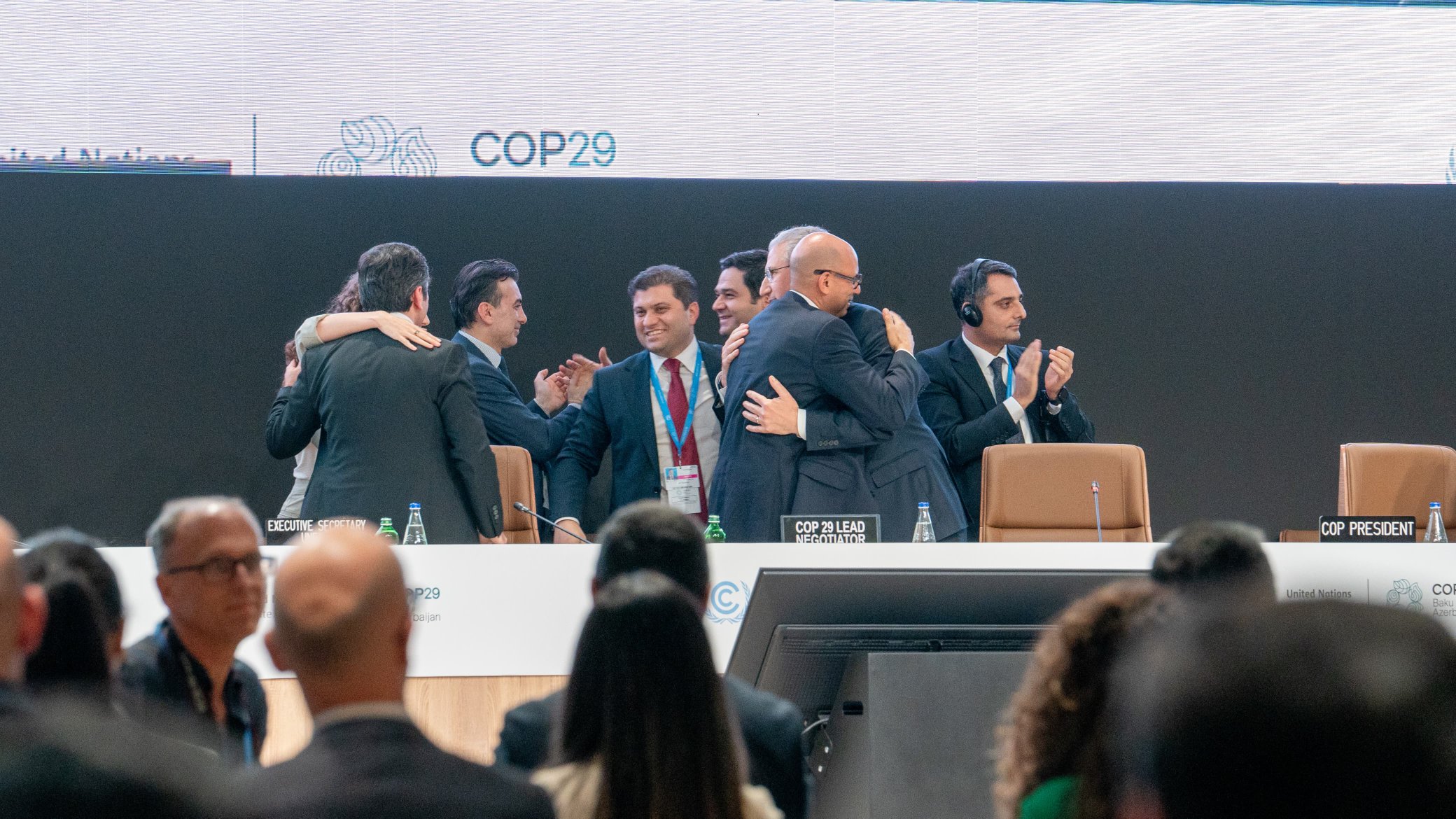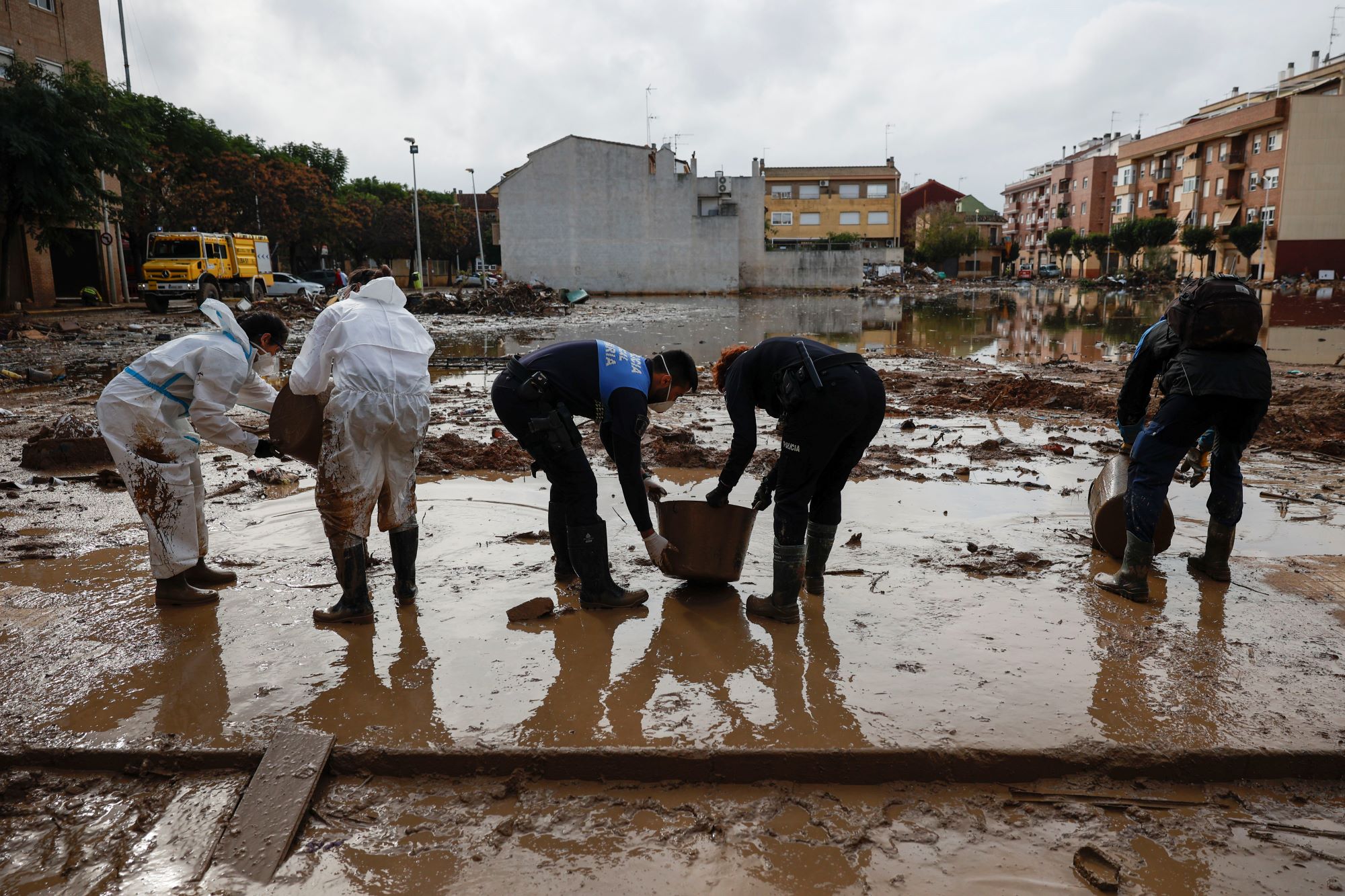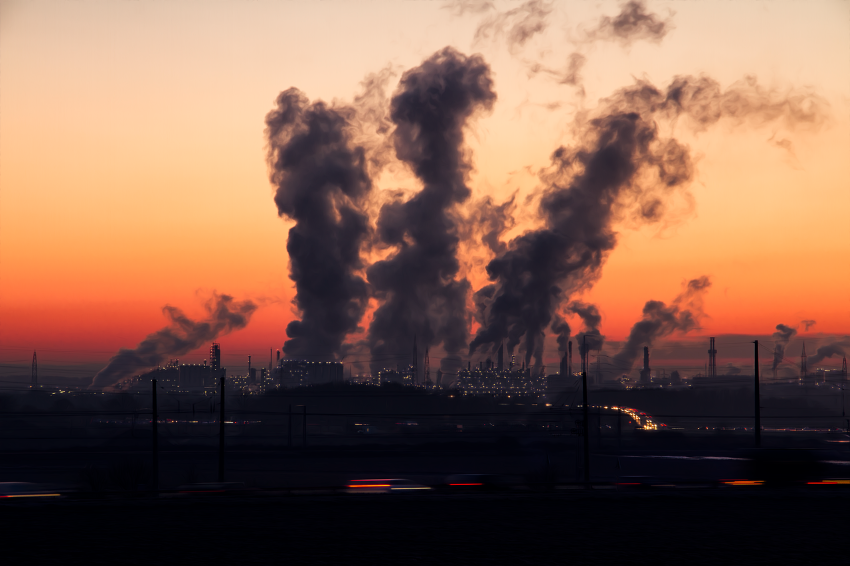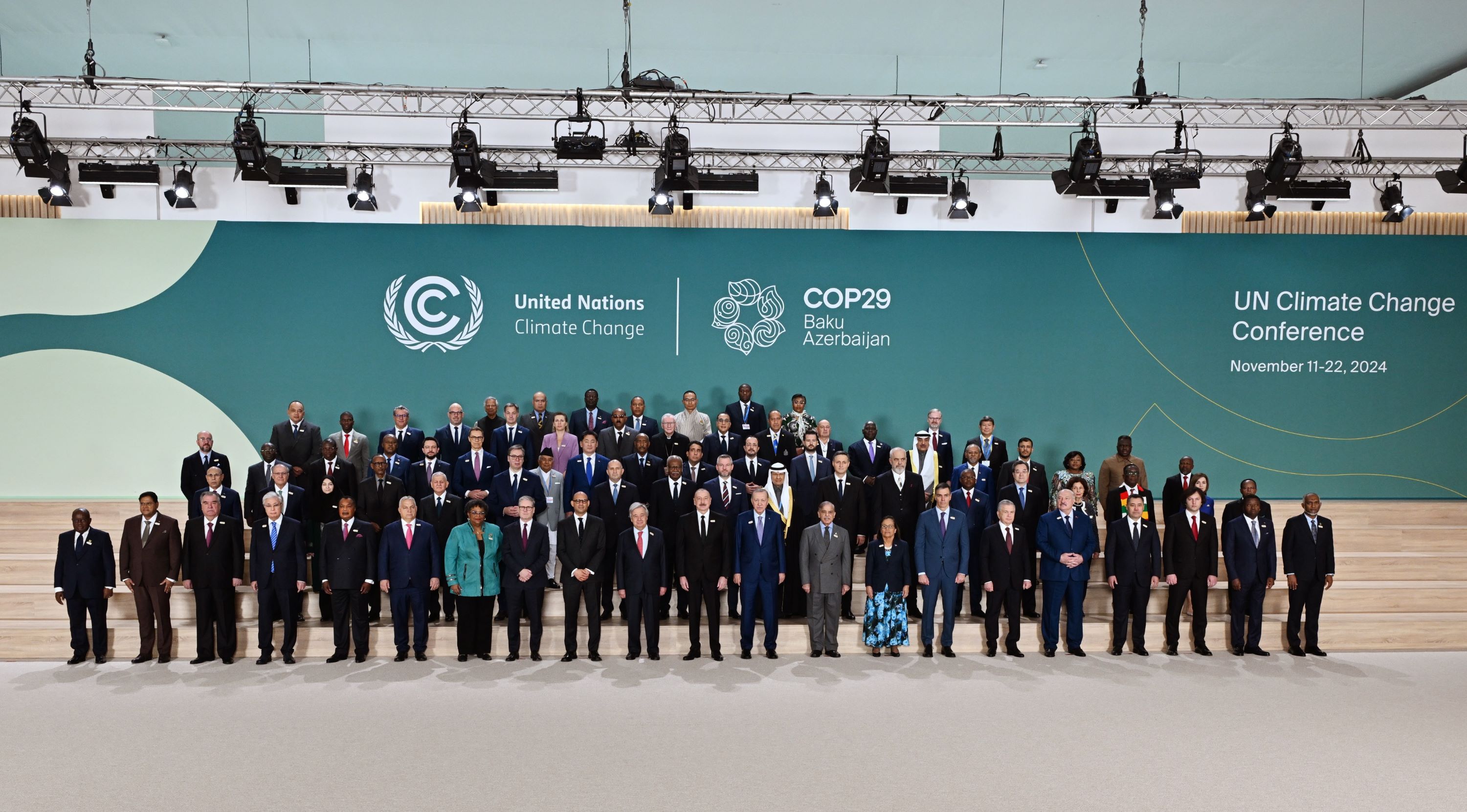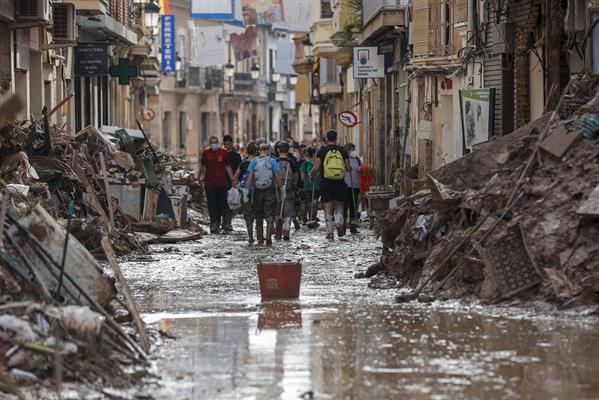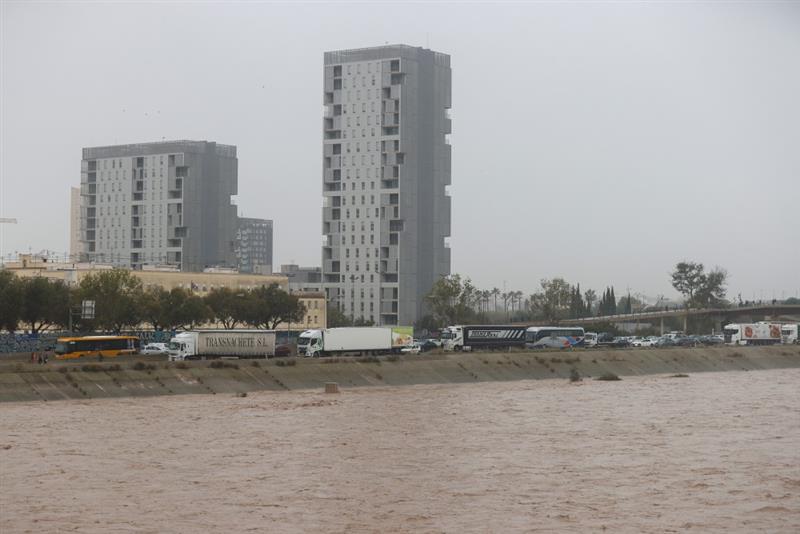From COP29 to the Heidelberg Accord: the role of research funders in the fight against climate change
Funding has been one of the major obstacles to agreement at the Baku Climate Summit. More sustainable science also depends on how research is funded. It is imperative that research institutions also develop strategies to incorporate more sustainable practices and contribute to climate neutrality.

